Good communication is at the core of every successful project, be it in or out of the business world. But when pulling together all the elements that go into getting a new business off the ground, making sure your team can stay in touch is paramount. At the same time, as a budding business you probably don’t have a big budget to be dedicating to bespoke or hi-tech communication tools. At WHYPAY? we firmly believe that nobody should be having to fork over cash for clear communication. That’s why we provide genuinely free conference calls, why we put together a collection of wonderful ‘Freemium’ services, and why we’ve collated this list of some of the best startup communication tools that won’t cost you a fortune!
Why are startup communication tools so vital?
When you’re founding a business, usually everything seems (and often is) urgent. What might appear to be a small setback can have huge consequences for your company. It can even mean pushing back your launch, for example, or having to have a soft-launch instead of a ‘big reveal’ that you might have planned.
That’s why being able to get in touch with your team at the drop of the proverbial hat is crucial. If you’re suddenly seeing lots of error messages on your website, you might need to reach someone on the tech side. Or you might have interest from an investor who wants to act rapidly and needs a decision from you – but you, of course, need to confer with your partners.
The fact is, it’s becoming increasingly likely that all of your team won’t be sitting around the same table all day. You might not be in the same office, or even the same city! Remote working is growing rapidly in popularity, and is being recognised as both a realistic and a valuable way to work.
And particularly as a startup, there’s the added bonus that working remotely will save the money you’d otherwise spend on renting office space. Even when you do want to meet face to face, you’ll be able to find enough different free meeting locations to keep the team happy and engaged.
Plus, even if everybody does work on-site, with so much work being carried out digitally, it makes sense to consider collaboration technology when you’re thinking about innovating your business. Lots of these startup communication tools go far beyond simply facilitating conversation between people who aren’t right next to each other.
1) Basecamp
Basecamp is one of those apps which is more like a whole toolbelt in itself than just one tool – just have a scroll through its list of features. It’s a really great way to make sure everyone knows what’s happening, what their jobs are, and when they need to get stuff done. Each project has a dedicated schedule where you can fill in different deadlines and events to make sure everybody knows what’s coming up.
Users can create to-do lists so they have an easy-to-read summary of everything they should be doing. You can choose who to assign different tasks to, attach notes and files, and add comments to tasks. Best of all, you can track the work with Basecamp’s Hill Charts feature. These charts make it easy to see how a project is going, and whether people are struggling with any aspect of it. You get to see progress at a glance in an easy-to-understand graphic, which is really helpful for the project you’re working on, as well as for planning future projects. History snapshots show your progress over time, and you can add notes to each update, or respond with comments or Boosts to keep people on-track and motivated.
In fact, there are lots of communication options through Basecamp: email forwards, direct messages, check-in questions, real-time group chat, and message boards, as well as the ability to share work directly with file and document storage. You can even integrate client communication.
Basecamp is great in that it covers so much ground, but it is a pricier option at $99/month. But it includes pretty much everything, and an unlimited number of users. So if you think you’d use all these features, it might work out much cheaper than finding individual providers for each function.
2) Trello
For project-management, Trello is a great option – especially because it’s free! In fact, we’ve been fans of Trello for a while… It even featured in WHYPAY?‘s Freemium campaign.
It’s super simple to use. You create a board for each project you have in the works, and then invite everybody who’s working on it. Then you can add cards for different tasks which need to be completed, with three categories headed To Do, Doing, and Done – makes sense! Each card has to option to put in more details, due dates, checklists, comments and more. You can also create cards which just share information you want to organise.
It’s a really useful tool for making sure that nothing gets forgotten or delayed, and it lets you integrate different apps which your team might already be using, too.
3) Monday
If customisation is your thing, we know why you will like Mondays. From the outset, Monday is tailored to your specific needs and desires. You start by picking the template which is best suited to the project or work at hand. But don’t worry – you aren’t committing to a set format. First of all, you can use as many different templates as you need to address all your different workflows. And these are just starting points, anyway. You can customise the pre-designed templates however you see fit.
You can use visual features like columns to make it easy to see and understand relevant information quickly. Monday also lets you track how long different tasks take, who’s running which tasks, add comments, numbers, lines – whatever you might need. It’s the perfect way of securing speedy and hassle-free startup communication.
By planning timelines, you’ll be able to map out project tasks and know that everybody knows what they’re expected to complete, and by when. You can also have peace of mind about your own progress with easy-to see deadlines and notifications about everything that needs to be done. The Overview feature is also a really great way to keep an eye on and boost productivity.
With this neat little tool, you’ll be able to keep all your conversations, files, sheets, checklists and briefs all together for quick, efficient access. For businesses with fewer than 5 users, you can opt for the Basic package for $25/month, while standard, pro and enterprise go up to $39, $59, and $118 respectively.
4) Evernote
Another really great free option, Evernote is a gem of a tool for startup communication information organising, collating and sharing. On it, you can type up notes with relevant attachments, web pages, or audio memos. You can then merge, sort, and group your different notes from tasks or projects in different notebooks. There’s even the function to create indices or contents lists of the links in each book, so getting to the information you’re looking for, quickly, is easy. You could also search for specific keywords to find what you need, or add another level of grouping with the tag feature. And yes, Evernote can even search within handwritten notes which you’ve scanned!
The Spaces feature is where it really comes into its own for collaborative purposes, a key purpose of good startup communication. This is where you can keep all of the team’s ideas, notes, and inspiration. From here, everybody can easily access any information or resources they need, and upload what they’ve been working on. Plus, the to-do lists and reminders make planning meetings, setting deadlines and staying on-track simple.
You can get the Basic option totally free, or upgrade to Premium for as little as $7.99/month. Even Evernote Business comes in at just $14.99, which is a bargain when you think about how much Evernote could do for you.
5) Slack
Given the vitality of communication for business success, you probably already have quite a few communication tools in place. And while it’s great that you’re dedicating thought to maintaining open information-sharing channels, having lots of different methods of startup communication can descend into chaos and confusion. Miscommunication, mistakes, and missed messages abound in the virtual hubbub of email, instant messaging services, apps, and so on. This is where Slack comes in.
Slack helps you to streamline all your internal communication and create different chat rooms for different purposes. You can have some for specific teams, and others dedicated to certain projects or issues. That way, it’s easy to refer back to conversations as you work through tasks. You can also tailor these different converstions according to the level of security they require. Slack allows you to create private channels, which can’t be accessed without an invitation from the creator. Or, if it’s strictly confidential, you can create a secure one-to-one conversation, too.
Beyond different instant messaging chats, Slack allows users to easily share documents within the conversations. All you need to do is drag and drop the required file onto the chat, and everyone will be able to access it, comment on it, or mark it up.
6) WHYPAY?
Just like Slack, WHYPAY? isn’t going to cost you, or any of your team, a penny to use. We provide teleconferencing rooms which are accessed by dialing 03 numbers. That means joining the audio meeting is free, as calls to 03 numbers are included within callers’ bundled minutes, or if none are available charged at the standard rate for landlines. With WHYPAY?, there’s no access fee, no subscription, no charge to sign up.
As well as being genuinely free, our teleconferencing service is quick and easy to use. By clicking the button on the home screen, or the one directly below, you’ll be seconds away from having your very own, free virtual meeting room.
Create a FREE TeleconferenceThis room will be yours to use as often as you’d like, for as long as you wish, and with anywhere up to 100 participants. You can record your calls at no extra charge, so that important information isn’t lost and meeting minutes are easier than ever. Plus, we have a very simple but super useful feature which allows you to schedule your conference call in your calendar. And yes, it’s still free. With it, neither you nor your team will forget a call, meaning you’ll all be prepared and available when it comes time for your meeting.




